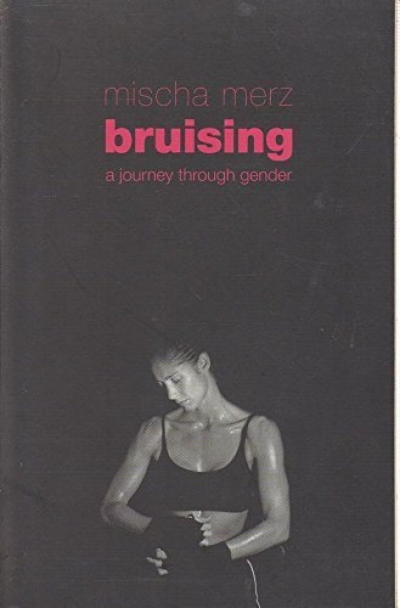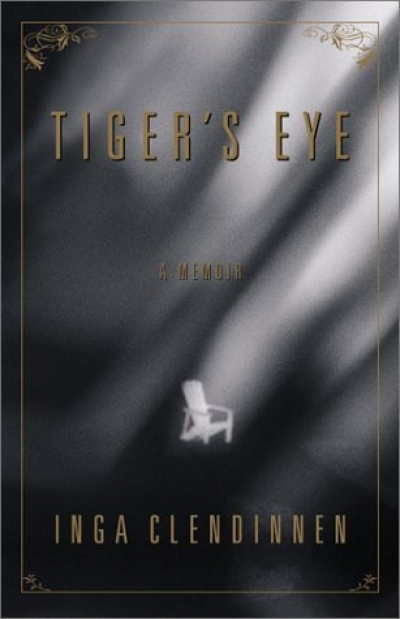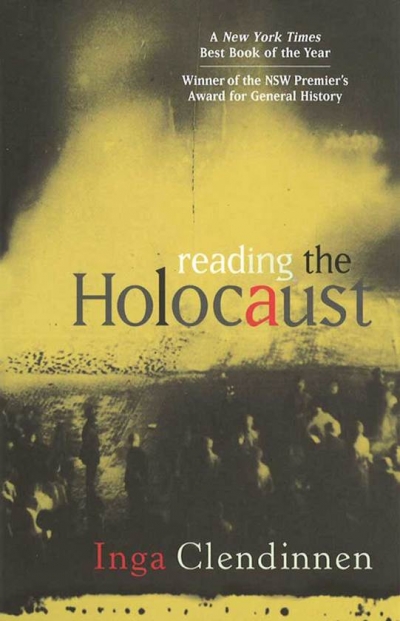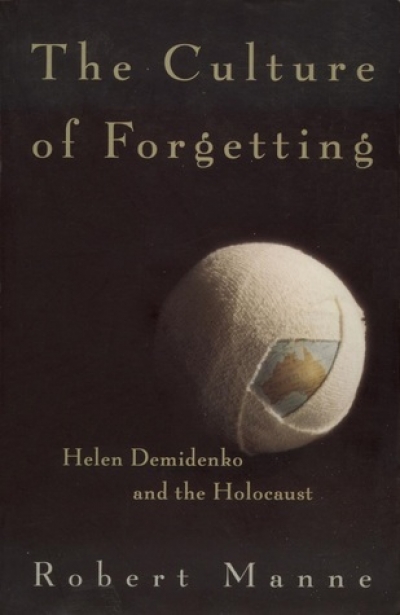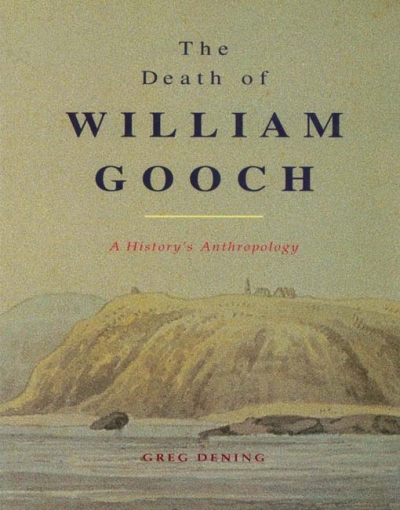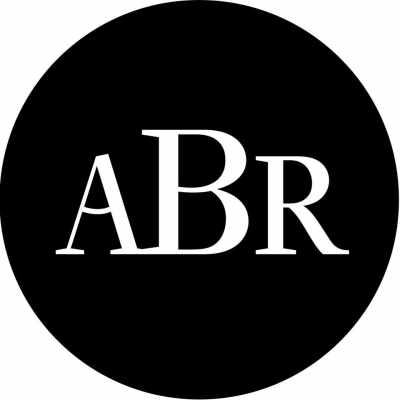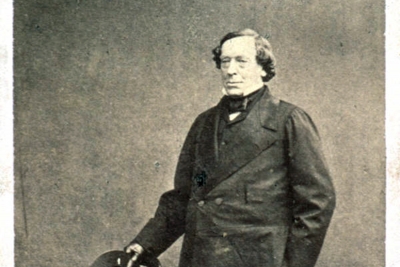Inga Clendinnen
Dear Editor,
Defending Inga Clendinnen against my criticisms (ABR, July 2001), John Clendinnen attributes to her a controversial view about the nature of moral judgment. I don’t hold it and, if I were to judge solely by her practice, I would be surprised if she does. Be that as it may: I’ll try to put my points by keeping philosophical assumptions down as much as possible.
The Holocaust is a subject which numbs the mind and petrifies the soul. This is the point at which Inga Clendinnen starts her remarkable set of essays about it. The Holocaust is a Gorgon and the only way to destroy it, Perseus-like, is to hold it’s image on the screen of the shield and stare back. The historian of The Aztecs, this remarkable woman who has always attended to the inflections of human pain, says at the outset that extreme suffering should be paid attention. She has lived in interesting times without partaking of the horror and this is her amends. This remarkable exercise in metahistory, this sustained meditation about the nature of historiography – an essay in which criticism and representation keep coming together and breaking apart – began with Clendinnen’s sense of the inadequacy of her own response to the Demidenko controversy and it ends, not inappropriately, with a discussion of the relative claims of literature and historical writing in the face of the Holocaust Medusa.
... (read more)The Culture of Forgetting: Helen Demidenko and the Holocaust by Robert Manne
The Death of William Gooch: A history’s anthropology by Greg Dening
Dear Editor,
Dr Jenna Mead claims, among other things in her most recent attempt to discredit The First Stone, that I have ‘invented dialogue’ and written ‘hypothetical meetings with imaginary characters’. All the conversations and encounters in the book are documented in detailed, scrupulous notes. This includes my account of a telephone conversation between Dr Mead and me, which she would perhaps prefer to think of as a figment of my ‘merciless imagination. If only Dr Mead were an imaginary character – but it would strain the ingenuity of a better writer than I am, to have dreamt her up.
Helen Garner, Elizabeth Bay NSW
... (read more)I grew up in a once-upon-a-time land when milk and loaves appeared at the door to the jingle of bells and the clopping of hooves, when housewives were wistful Cinderellas in sacking aprons and hair permanently rollered for the ball, when men wore hats, and lifted them to the funerals of strangers passing in the street. That time – the forties, the early fifties – has been mythologised into a Camelot of Anglo-Celtic virtue, or a dark age of tribalism and British cooking. In my recollection, of course, it was neither, but simply the way things were. It is disconcerting to find one’s private past, one’s little collection of ordinary memories, become a matter of ideological dispute, and to discover, after peaceful decades spent reading historical documents, that you have become a historical document yourself.
... (read more)
